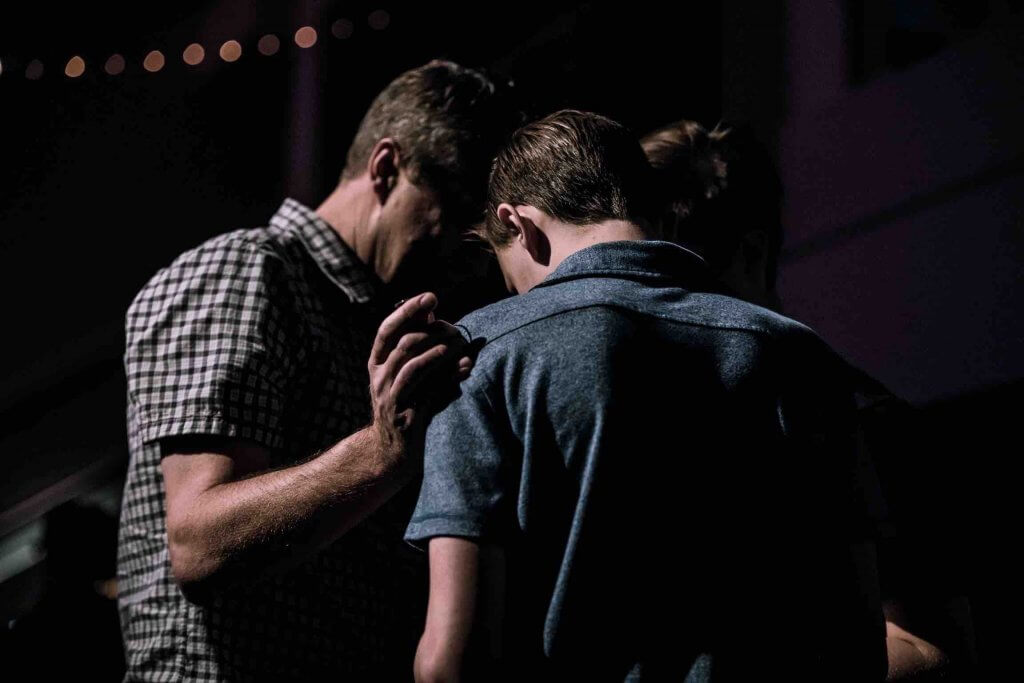Supreme Court Shrugs at Controversial Florida Prayer Vigil
March 21st, 2023

Like it or not, many aspects of American culture are inevitably linked with Christianity. The ties between our society and the Christian faith run very deep, and they have been around since the founding of this nation. So when a Florida town hosted a Christian prayer vigil to honor fallen children in a mass shooting, most people simply accepted this as routine. However, there are some who are adamant about the separation of church and state. For these individuals, even the prayer vigil that was not meant to offend anyone caused harm. But do those folks who were offended actually have a chance of winning a lawsuit?
The Controversial Prayer Vigil
So, what is the fuss about? Believe it or not, the controversial prayer vigil occurred way back in 2014. In the relatively small municipality of Ocala, officials encouraged residents to attend a vigil honoring dead children who had lost their lives in recent drive-by shootings. The Police Chief signed this public encouragement and posted it on the department’s website. Police chaplains attended and led prayers in their uniforms.
Although most people never gave the prayer vigil much thought, a group of atheists decided to take legal action. They argued that the vigil violated the First Amendment – specifically the establishment clause. This clause prevents the state from establishing an official religion or holding up one religion in favor of another.
What Happened When the Supreme Court Got Involved?
One of the first questions the Supreme Court needed to address was whether the victims were aggrieved or “injured” enough to actually warrant a lawsuit. However, a lower court found that one plaintiff who attended the vigil was so disturbed by what they said that they did indeed meet the threshold.
So, what was the decision when this case reached the Supreme Court? Technically, the Supreme Court “declined to hear” the arguments. Whether this represents a win for the atheists or the city of Ocala is open for debate. By declining to hear the case, one might argue that this represents a subtle dismissal of the atheists’ legitimacy. On the other hand, the case can now proceed in the lower courts, with the Supreme Court deciding not to rule. This could potentially result in a victory for the atheists.
It helps to review some of the statements made by Supreme Court justices on this subject. Justice Clarence Thomas feels that the appeal should have been considered rather than rejected, stating that he had serious doubts over the legitimacy of this lawsuit. He wrote:
“Offended observer standing appears to warp the very essence of the judicial power vested by the Constitution. Federal courts are authorized ‘to adjudge the legal rights of litigants in actual controversies,’ not hurt feelings.”
While Justice Neil Gorsuch denied the city’s attempt to have the lawsuit dismissed, he also doubted whether or not this represented a legitimate lawsuit.
The Goal of the Universal Life Church’s Blog
Each month, various cases test the nature of religious rights in this country. While the basis for many religious rights is the United States Constitution, there are still countless cases that question the exact nature of these rights. The Universal Life Church’s blog is focused on documenting the most noteworthy of these cases in an objective manner that can be easily understood by readers.


